|
A quarter of a century ago South Africa entered a new order amid much international fanfare. The world celebrated the newly minted democracy with its promise of a better future for all its people. But were these promises kept? As the country marks Freedom Day this weekend, Henning Melber considers how much freedom is being celebrated in a country where more than half the population lives in poverty.
It’s World Malaria Day today. A preventable and curable disease, it nevertheless kills hundreds of thousands of people every year, most on the continent. This year’s slogan is “zero malaria starts with me”. Mamadou Coulibaly explains why the theme means so much to him as a scientist working on new approaches to preventing the disease in Mali. You can also catch up on our other malaria coverage
here.
Today's episode of Pasha looks at the problems associated with industrial agriculture given its damaging consequences for the environment. Rachel Wynberg and Laura Pereira set out why an approach known as agroecology is preferable.
|
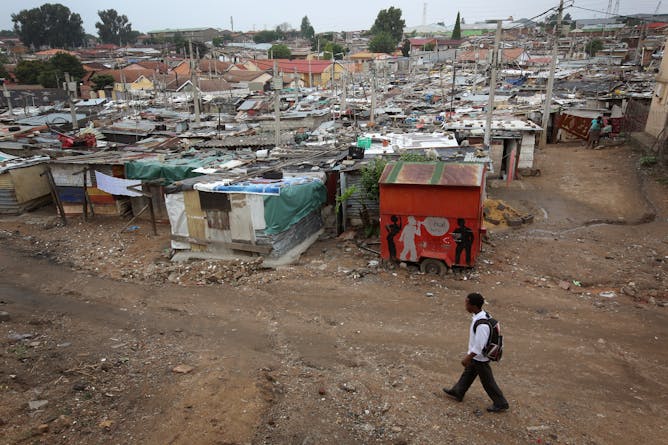
Many South Africans have yet to see freedom bear fruit.
EPA/Kim Ludbrook
Henning Melber, University of Pretoria
As South Africa marks 25 years of freedom, many citizens have to contend with the harsh reality that they can't eat democracy.
|
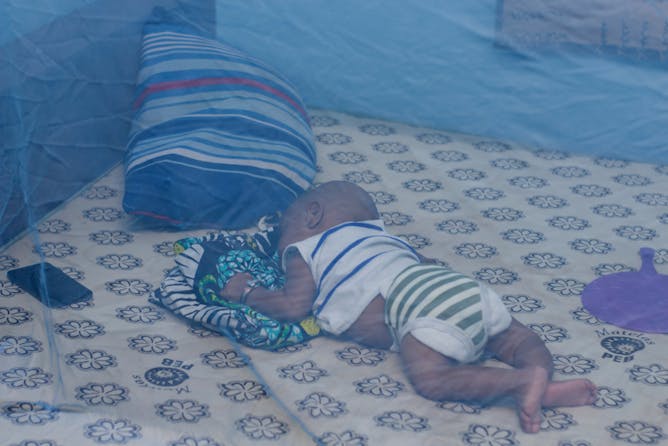
Mosquito nets are often used where malaria is common.
Shutterstock
Mamadou Coulibaly, Université des sciences, des techniques et des technologies de Bamako
The experience from African experts is vital in the search for new and better ways to control malaria.
|
Health + Medicine
|
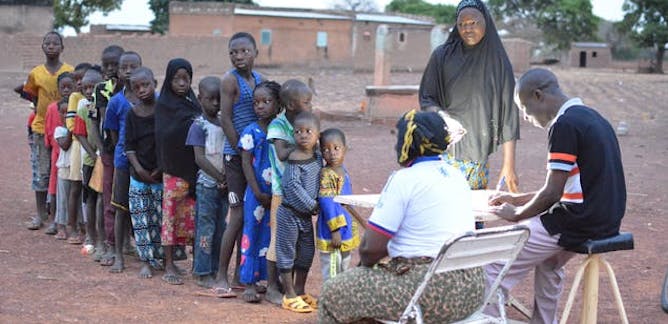
Elena Gómez Díaz, Instituto de Parasitología y Biomedicina López-Neyra (IPBLN-CSIC)
Malaria is prevalent in developing countries. Epigenetics may be the key to finding its Achilles heel.
| |
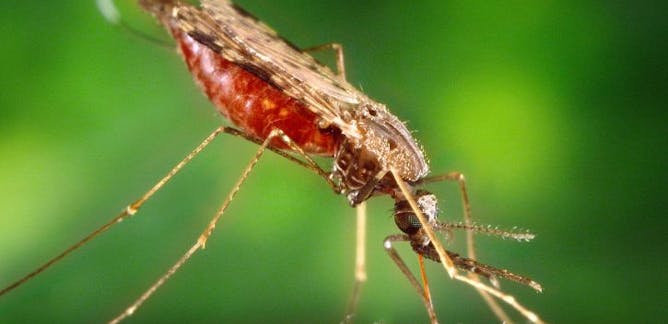
John Frean, University of the Witwatersrand
Avoiding malaria could be as simple as "ABCD" if the proper care is taken.
|
|
|
Politics + Society
|
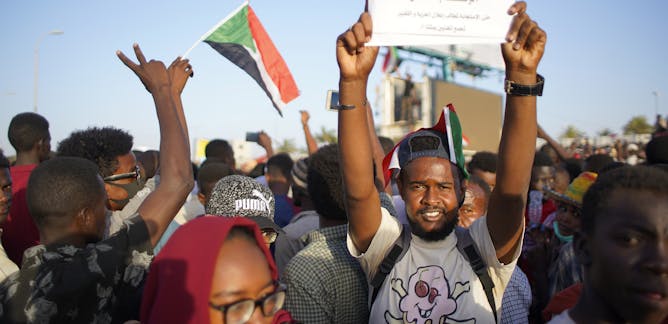
Luka Kuol, Africa Center for Strategic Studies
People in Sudan are determined to provide a new political path and need to guide candidates who want to lead the country.
| |
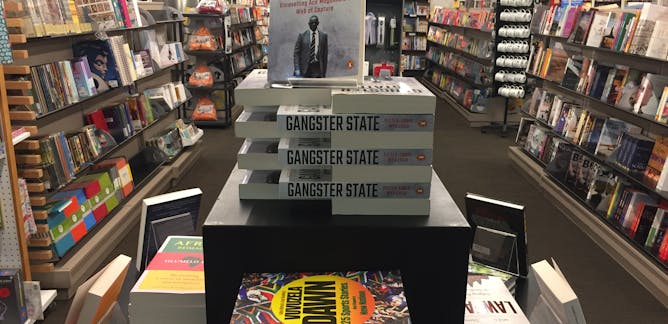
Beth le Roux, University of Pretoria
Political books touches a certain chord in South African society that makes them bestsellers.
|
|
|
Podcast
|
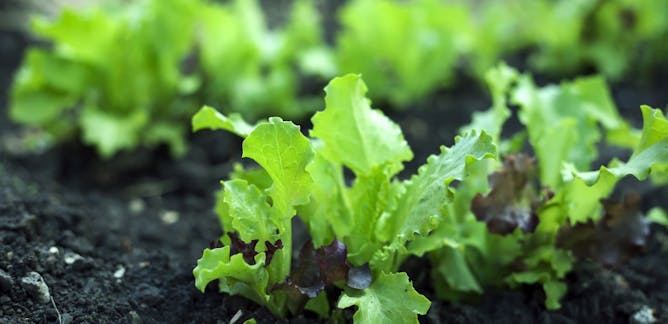
Ozayr Patel, The Conversation
Developing countries present an opportunity for agroecological innovations to help small-scale farmers.
| |
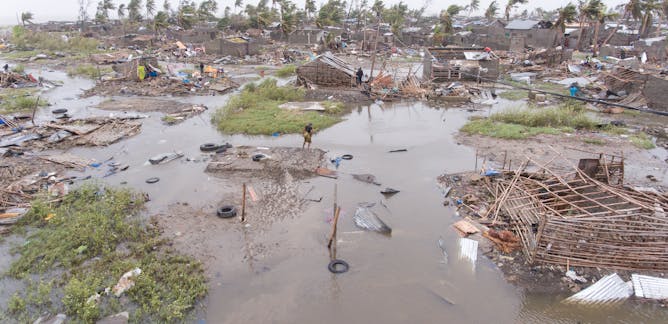
Ozayr Patel, The Conversation
Diseases like cholera are among the many health crises Cyclone Idai has created.
|
|
|
From our international editions
|
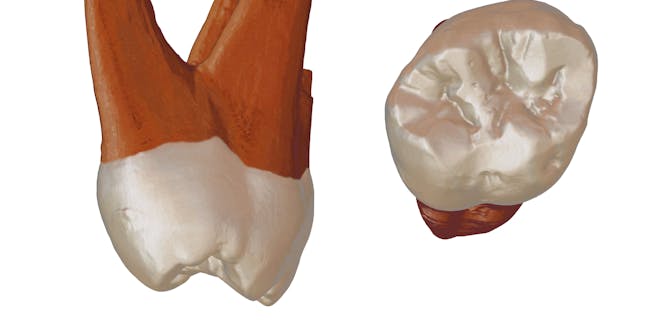
Mirjana Roksandic, University of Winnipeg; Joshua Allan Lindal, University of Winnipeg
A Neanderthal tooth was discovered in Serbia. This finding helps to fill gaps in the human fossil record of this important geographical region.
| |

Claire D Bourke, Queen Mary University of London
There's more to antibiotics than meets the eye.
|

James A Green, University of Reading
Bruce Willis saved the Earth with a nuclear weapon in the 1998 film Armageddon, but the law would need to change for him to do it now.
| |
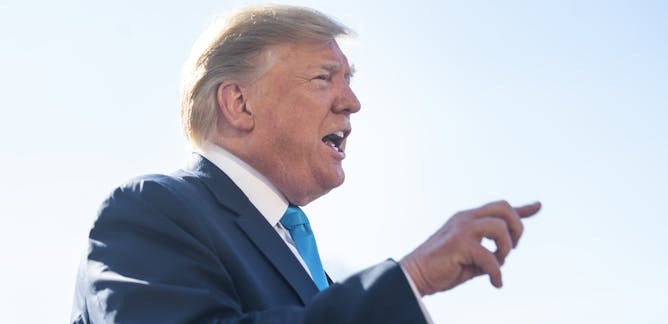
Nafis Alam, University of Reading
From May 2, any countries buying oil from Iran can expect US sanctions.
|
|
|